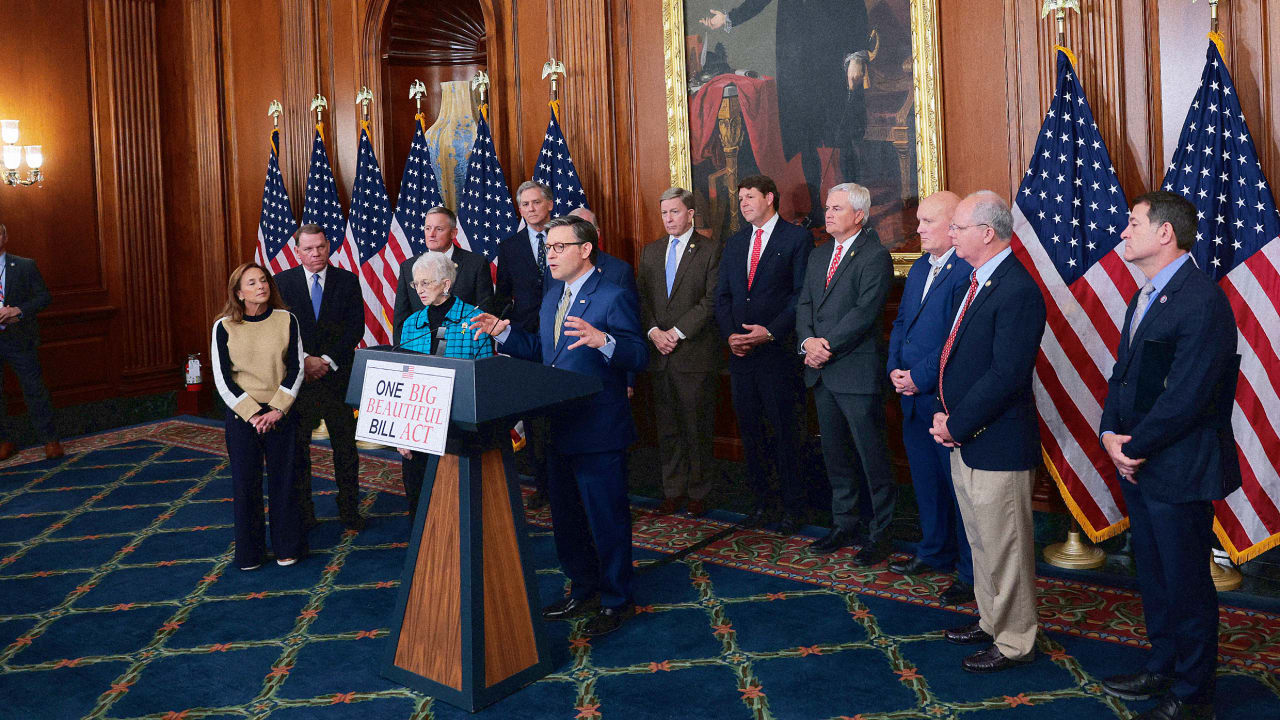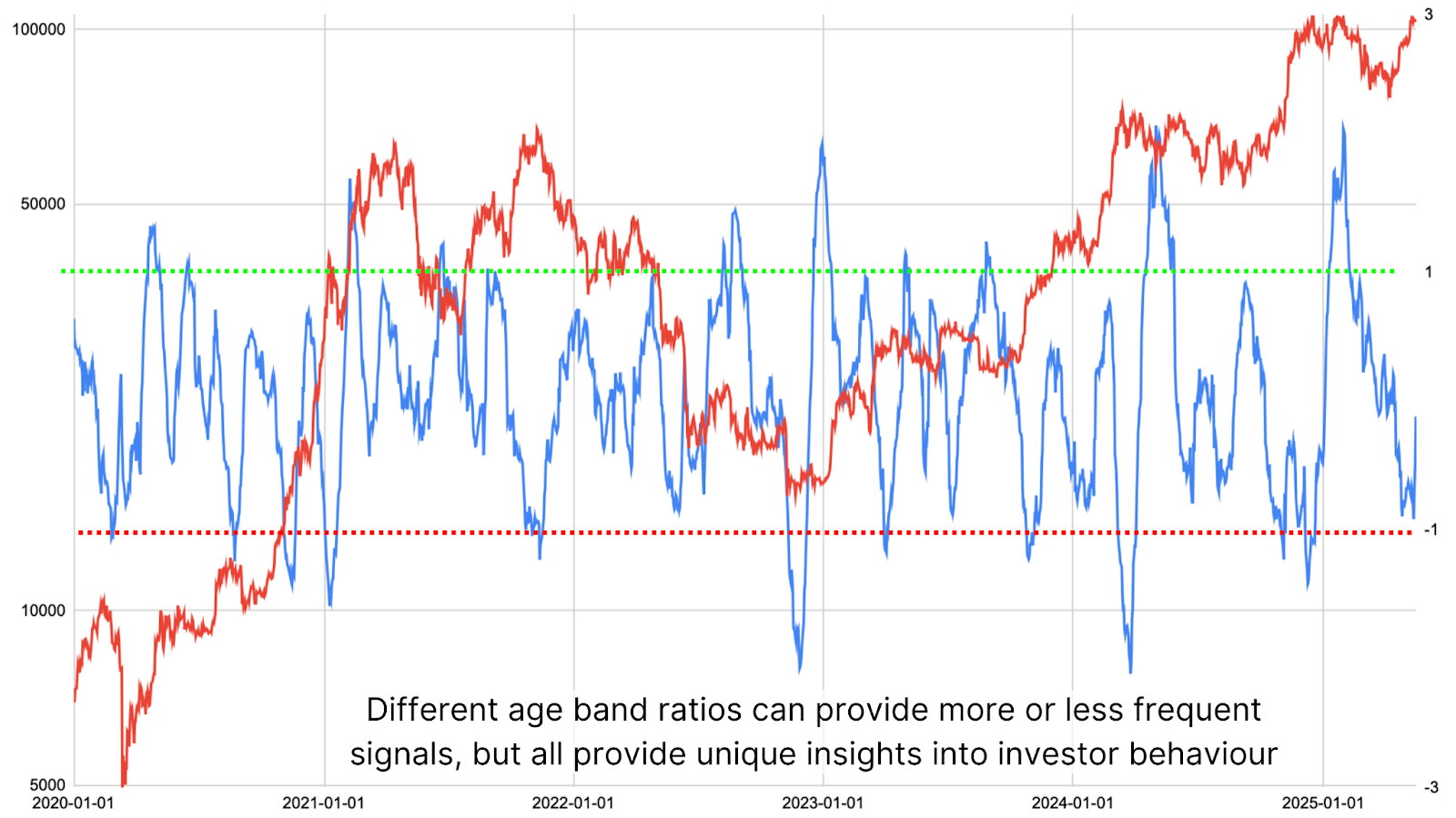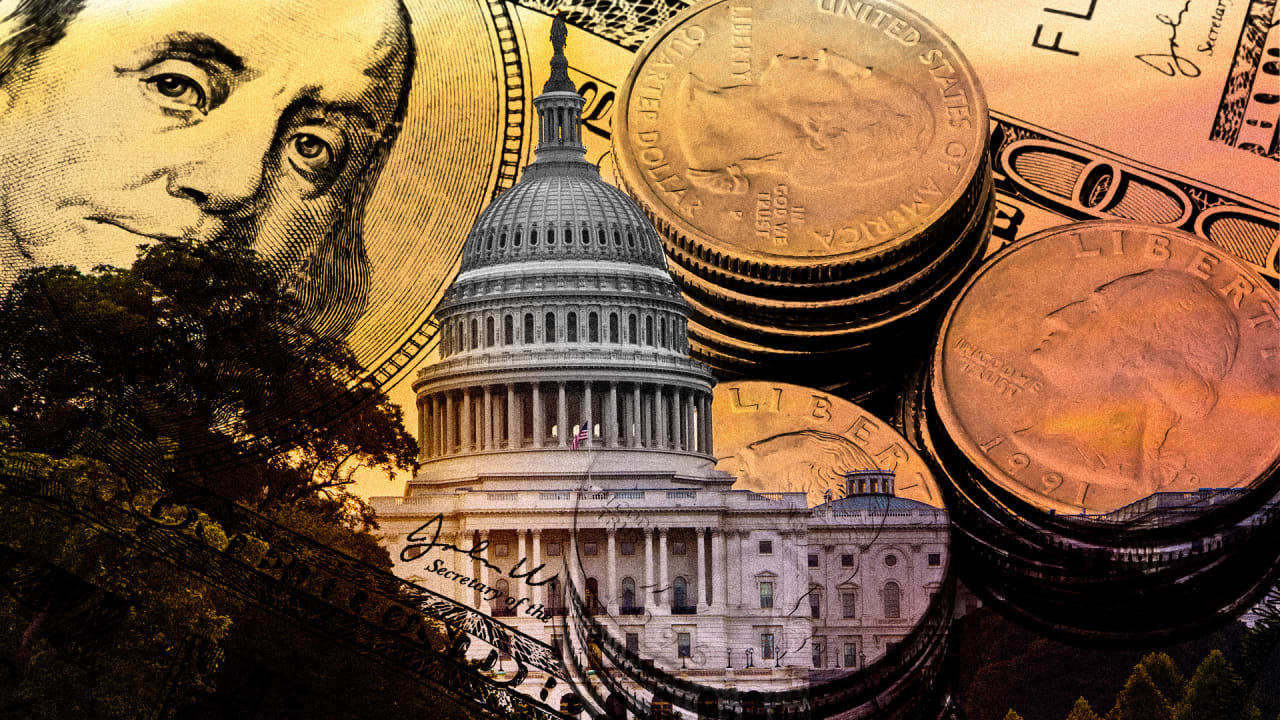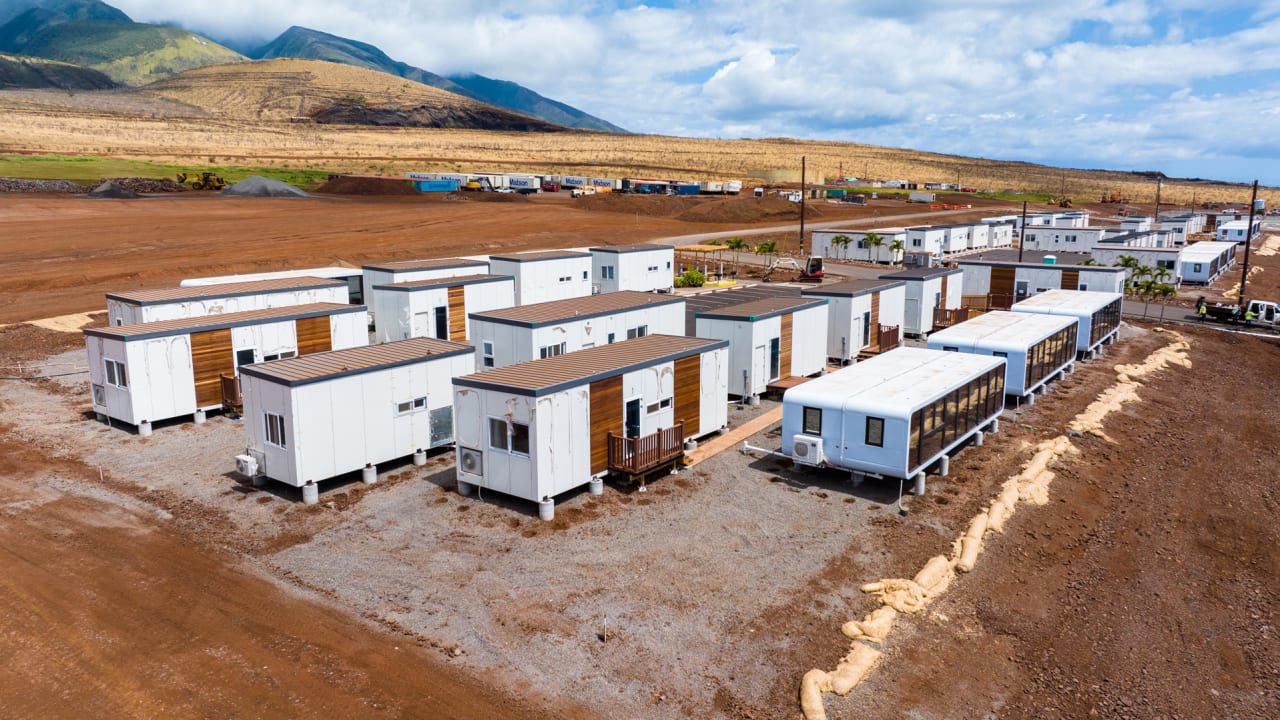Memorial Day weekend will see a surge in road trips with record-breaking travel expected
The number of domestic travelers in the U.S. is expected to break a record for Memorial Day weekend that was set in 2005. AAA anticipates that 45.1 million people will travel 50 miles or more from home over the weekend, an increase of 1.4 million travelers compared to last year. Those traveling by car see the biggest difference, with more than a million extra travelers expected on the roads compared to last year. While 87% of travelers choose to take road trips during Memorial Day weekend, this year, they’re also aided by the lower crude oil prices making gasoline cheaper nationwide. (Typically, gas prices will peak in the summer as the busy travel season commences. You can avoid price hikes by staying away from the gas stations closest to the interstate, and optimizing your fuel economy.) As for traffic, AAA expects peak congestion in the afternoons all weekend, with the best travel times in the mornings. Get out early if you can, and on Monday, try to get back home before 2 p.m. Airports will also see a more crowded weekend than last year, with AAA projecting 3.61 million air travelers. In 2024, 3.55 million passengers chose flight as their preferred mode of travel, a difference of nearly 2% compared to the projection for this year. However, flights are more expensive than last year, with the average roundtrip ticket price costing $850. Popular destinations include Chicago, New York, Orlando, Denver, and Seattle. (If you’re planning to travel by air, follow the recommended airport arrival time of at least two hours before your domestic flight.) Other modes of transportation travelers are utilizing this weekend include trains, buses, and cruises. Those have increased 8.5% compared to last year’s numbers, with cruises seeing a high demand for Alaskan destinations for Memorial Day weekend, including Fairbanks, Anchorage, and Juneau.
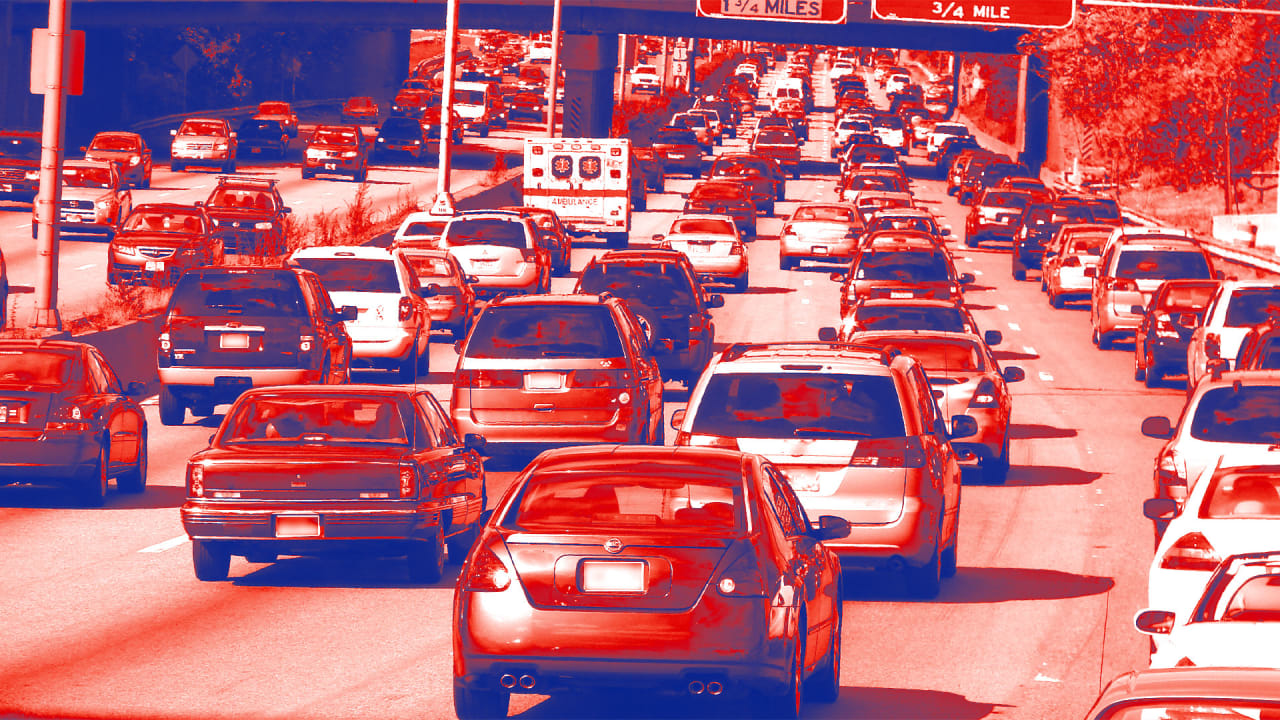
The number of domestic travelers in the U.S. is expected to break a record for Memorial Day weekend that was set in 2005. AAA anticipates that 45.1 million people will travel 50 miles or more from home over the weekend, an increase of 1.4 million travelers compared to last year.
Those traveling by car see the biggest difference, with more than a million extra travelers expected on the roads compared to last year. While 87% of travelers choose to take road trips during Memorial Day weekend, this year, they’re also aided by the lower crude oil prices making gasoline cheaper nationwide. (Typically, gas prices will peak in the summer as the busy travel season commences. You can avoid price hikes by staying away from the gas stations closest to the interstate, and optimizing your fuel economy.)
As for traffic, AAA expects peak congestion in the afternoons all weekend, with the best travel times in the mornings. Get out early if you can, and on Monday, try to get back home before 2 p.m.
Airports will also see a more crowded weekend than last year, with AAA projecting 3.61 million air travelers. In 2024, 3.55 million passengers chose flight as their preferred mode of travel, a difference of nearly 2% compared to the projection for this year.
However, flights are more expensive than last year, with the average roundtrip ticket price costing $850. Popular destinations include Chicago, New York, Orlando, Denver, and Seattle. (If you’re planning to travel by air, follow the recommended airport arrival time of at least two hours before your domestic flight.)
Other modes of transportation travelers are utilizing this weekend include trains, buses, and cruises. Those have increased 8.5% compared to last year’s numbers, with cruises seeing a high demand for Alaskan destinations for Memorial Day weekend, including Fairbanks, Anchorage, and Juneau.





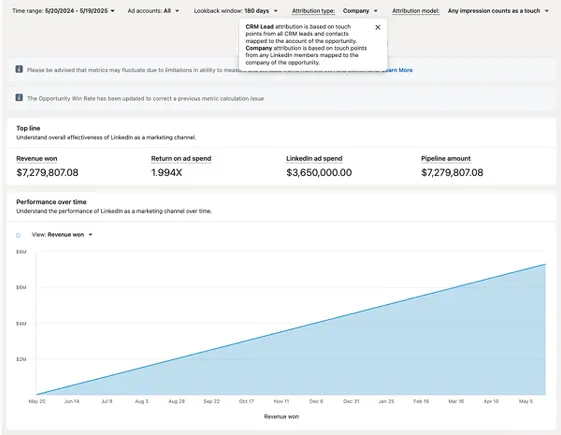




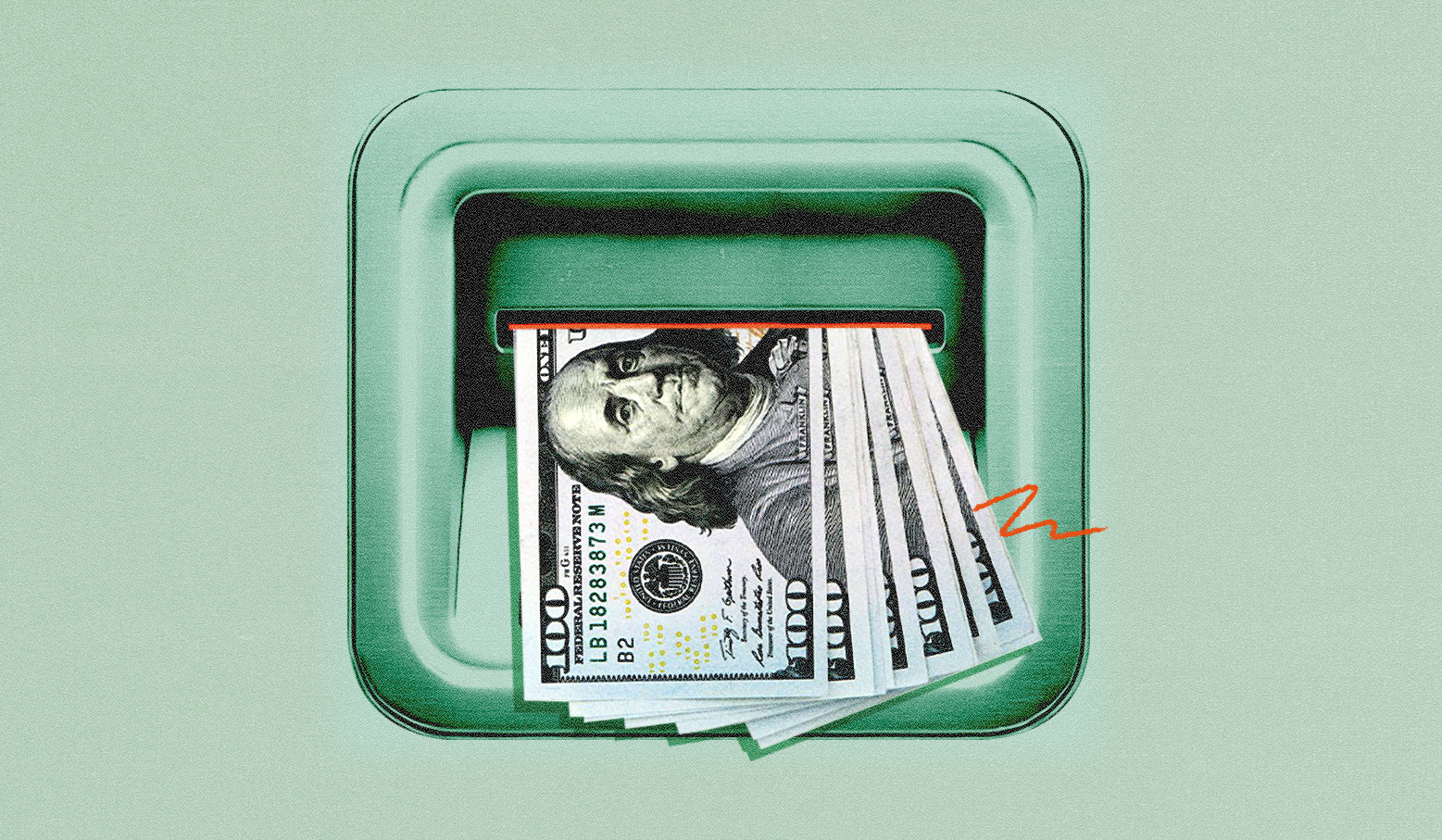



.png)









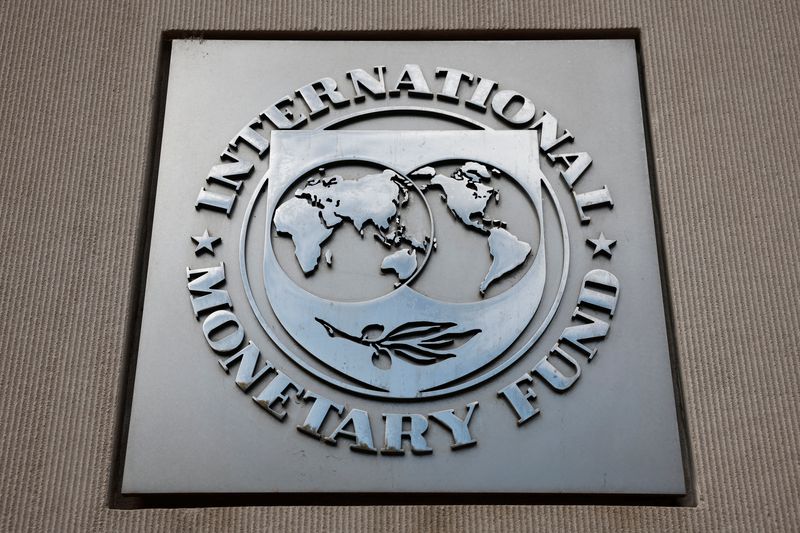






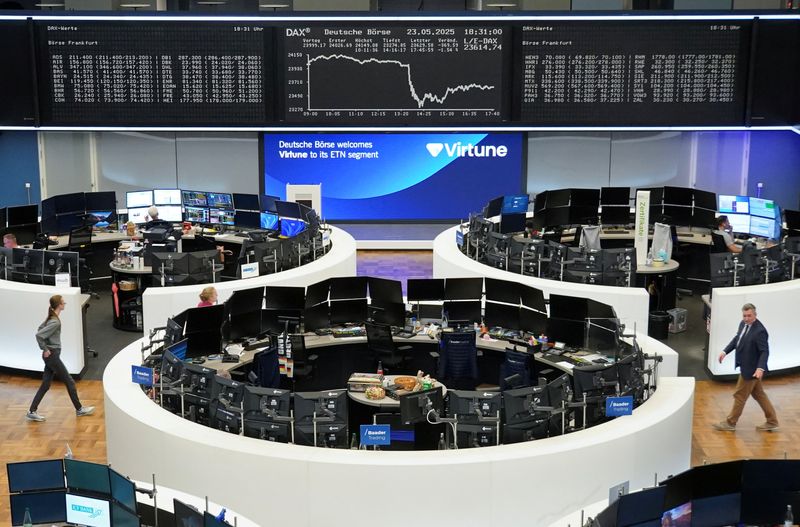










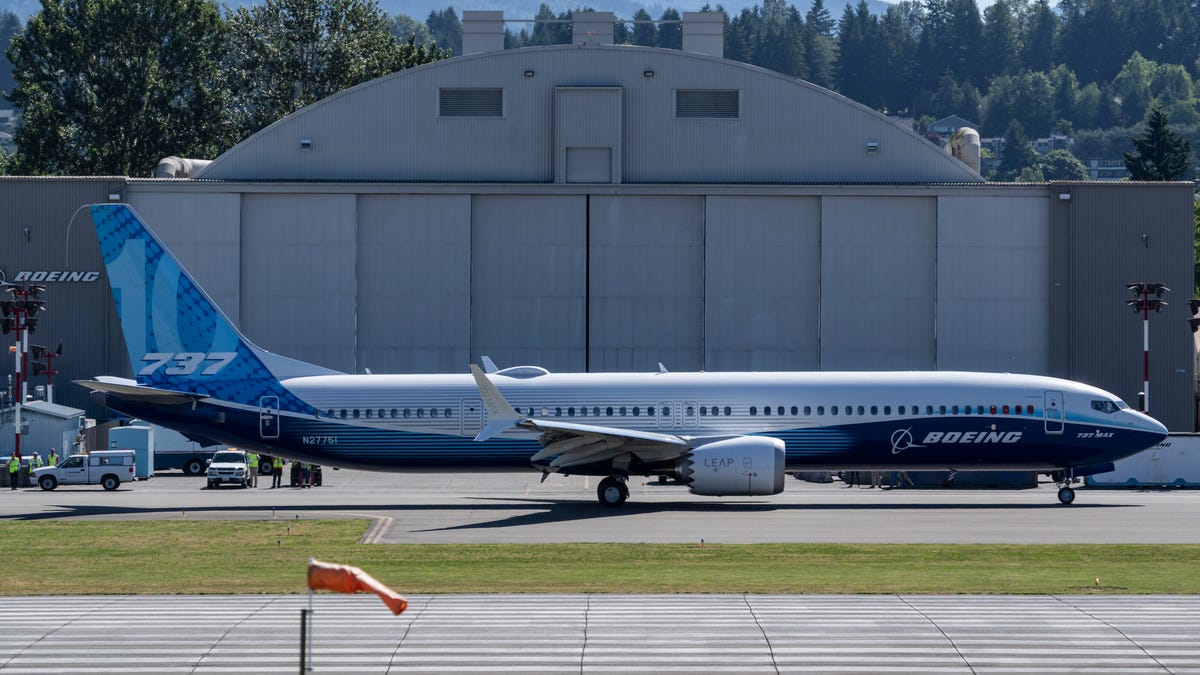








![[Weekly funding roundup May 17-23] VC inflow remains steady](https://images.yourstory.com/cs/2/220356402d6d11e9aa979329348d4c3e/Weekly-funding-1741961216560.jpg)





























